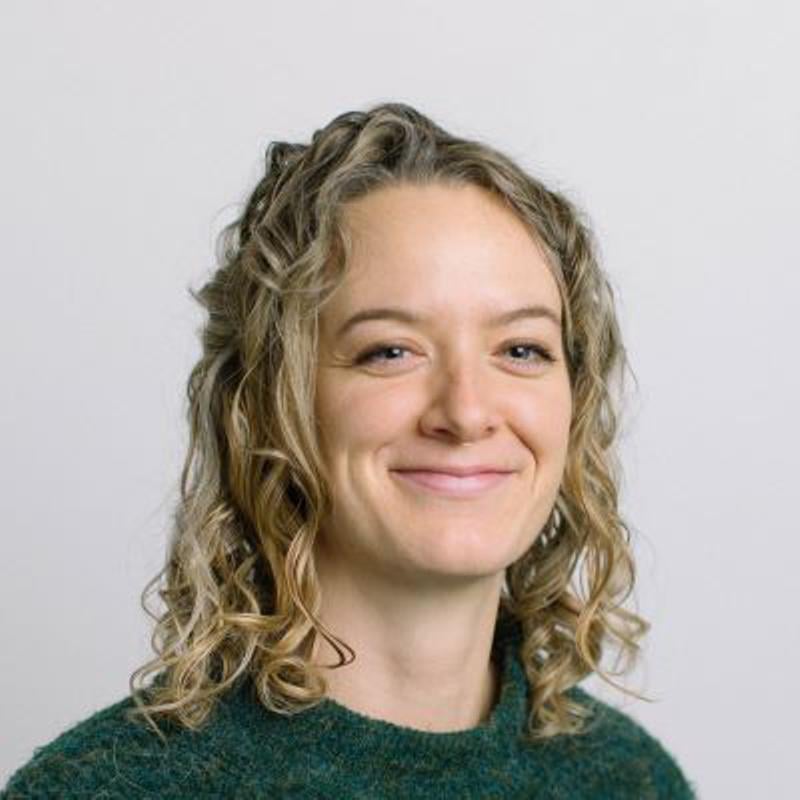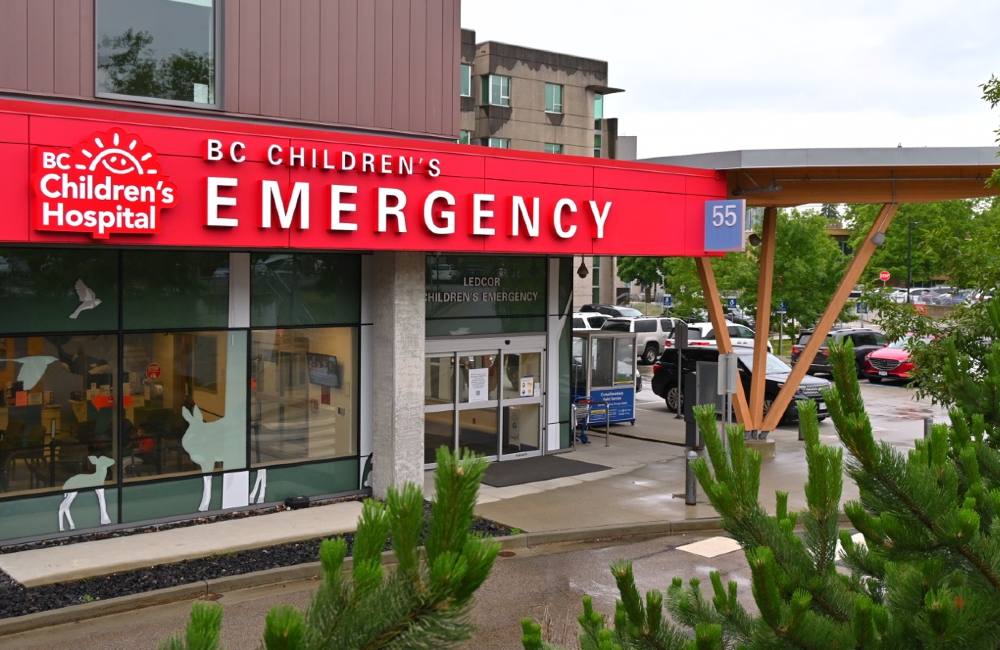B.C. has added 25 new addiction and treatment beds for young adults in Surrey and Vancouver, with 18 beds for young men and seven beds for all genders.
As of this month there are 3,228 publicly funded community substance use treatment beds in B.C., including 156 youth beds, according to the Ministry of Mental Health and Addictions.
When asked how many beds are in use, the ministry didn’t answer directly but said the province sometimes holds beds so that spaces are available when people want to access treatment.
On Monday the BC Coroners Service said in the first five months of this year 1,018 British Columbians have died due to unregulated drugs.
Since the start of 2017 about 1.4 per cent of toxic drug deaths involved someone younger than 19 years old, the report noted.
Minister of Mental Health and Addictions Jennifer Whiteside said the new beds will “help more young people and their families get the supports they need and deserve.”
Treatment beds are part of a wider provincial strategy to combat the ongoing toxic drug crisis.
Last week the province also said medications for opioid agonist treatment, which helps people with opioid use disorder manage withdrawal symptoms, would be universally covered for people enrolled in the Medical Services Plan.
Prescribed safer supply, which is a harm reduction model where clinicians prescribe pharmaceutical alternatives to illicit drugs, continues to be fully covered by the province.
Eighteen beds for young men opened at Surrey’s Phoenix Society with severe and high-risk substance-use challenges and/or moderate mental health needs. The spots are available to young men from across the province. Treatment may last for three to six months, and the program will work to connect patients with supports within their respective health authority after treatment.
Six beds for all genders opened at Covenant House Vancouver for youth 16 to 24 living in Vancouver, including youth experiencing homelessness, with low to medium intensity substance use needs.
Covenant House Vancouver is covering the cost of a seventh bed that will be offered to patients. The cost of the other 24 beds are covered by the province.
The length of stay for these patients will depend on patient needs, the Ministry of Mental Health and Addictions said.
These treatment beds will offer secular, evidence-based treatment and not “abstinence-based 12 step programs,” Whiteside said. Treatment will be predominantly in English.
Treatment centres are not without their risks. According to an investigation by the Breach, three people died between 2020-21 while going through Phoenix Society programs. Staff were also allegedly pressured not to tell the truth when asked if clients had relapsed.
The ministry did not respond to questions about why it partnered with Phoenix Society before press time.
People often think you can only “pass” or “fail” your time in a treatment centre, but that’s not true, says Guy Felicella, a peer clinical advisor with the BC Centre on Substance Use.
Felicella says he went through treatment several times before he attained lasting sobriety.
He said there’s added stigma around people who relapse after treatment and that’s dangerous because they’re more likely to use alone or without accessing other harm reduction initiatives.
Felicella says treatment programs could be improved by increasing oversight. Right now clients can only complain to their treatment centre, which is a bit like being in jail and only able to complain to your correction officer, he says.
Creating a sector ombudsperson would ensure that each complaint is registered and would create the ability to look at larger complaint trends, he says. This would help distinguish between a treatment program not being a good fit for an individual versus the treatment program itself not being up to par.
Kali Sedgemore, a youth harm reduction advocate and president of the Coalition of Peers Dismantling the Drug War, says treatment centres aren’t always the best option for youth because harm reduction doesn’t always mean getting kids off drugs.
“Kids might be using drugs in order to stay alive and not kill themselves the next day,” they said. “It can be the only thing keeping them going. People don’t want to think that’s happening, but it is.”
To help youth you first need to listen to youth and respect what they ask for, they add.
“Youth want a dedicated overdose prevention site that’s run by youth for youth, more harm reduction supplies and safe supply,” Sedgemore says, noting how youth were excluded from B.C.’s decriminalization pilot project, which allows people 18 years and older to possess up to 2.5 grams of certain substances. Doctors may be hesitant to prescribe teenagers opioids, even if it means they’ll buy them on the illicit market instead, they added.
In B.C., 178 people under the age of 18 have died from unregulated drugs since 2013, according to the BC Coroners Service. Annual deaths have been steadily rising as the toxicity of illicit drugs increases, with six deaths in 2013 and 36 in 2022.
“Young men as a demographic are disproportionately affected by addiction and substance use,” said Sarah Bell, chief operating officer at BC Children’s Hospital. The hospital will be overseeing the management of the Phoenix Society beds, she added.
“These beds are designed for people who need more intensive treatment than they can get in their own communities,” Bell said. The programs can be accessed through a local health authority, First Nations Health Authority, family doctor or the Ministry of Child and Family Development.
The new beds are accepting referrals and from health-care providers and will begin services Monday.
“Early access to substance use treatment has the potential to change the entire trajectory of a person’s life,” said Dr. Martha Ignaszewski, lead of the BC Children’s Hospital substance use team. “Ninety per cent of substance use disorders have their origins in adolescence and young adulthood.”
It’s unclear just how many youth are using illicit drugs in B.C. When The Tyee asked Whiteside, she said it was difficult to know and referenced the fact that 100,000 British Columbians of all ages have been diagnosed with opioid use disorder.
Sedgemore estimated one in every 100 youth use drugs.
Whiteside said the aannouncement is part of the B.C. government’s commitment to create 123 new youth substance use beds across the province. To fund this B.C. invested $1 billion in its 2023 budget for mental health and addictions, including $236 million for youth mental health and addiction services.
“We have to go to where youth are and make sure that we wrap supports around them,” Whiteside said.
“We need to listen to youth, ask them what they need and honour the fact that they can make decisions for themselves. They know what they want and what is best for themselves,” Sedgemore said. ![]()
Read more: Health, BC Politics

















Tyee Commenting Guidelines
Comments that violate guidelines risk being deleted, and violations may result in a temporary or permanent user ban. Maintain the spirit of good conversation to stay in the discussion and be patient with moderators. Comments are reviewed regularly but not in real time.
Do:
Do not: